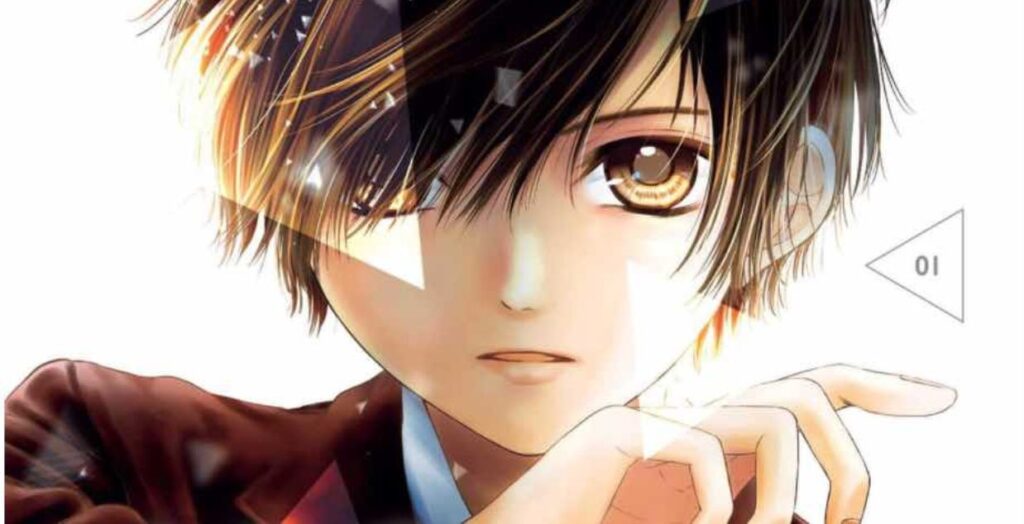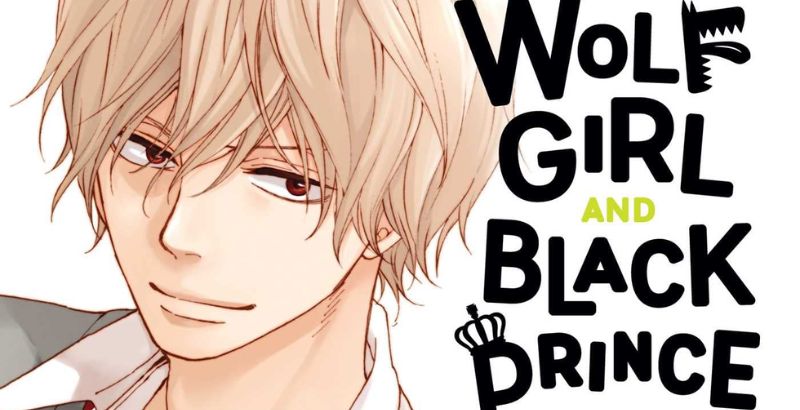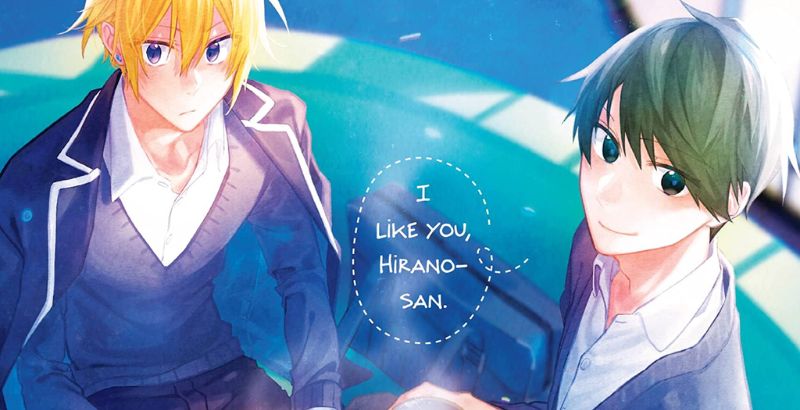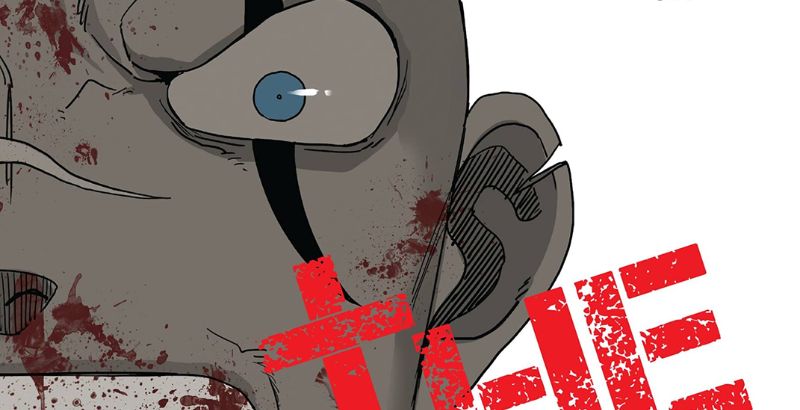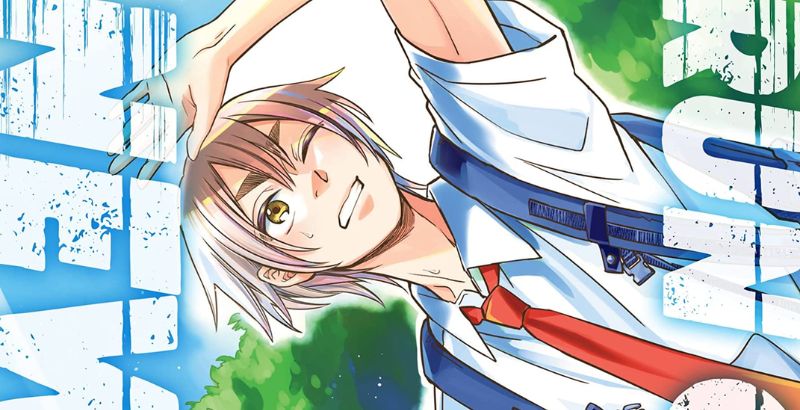Gender-bending is common in shojo, but most of the time, it’s done to fulfill or complicate romantic plotlines. In Not Your Idol, from mangaka Aoi Makino, we get a unique series that blends high school drama with psychological suspense. Published in English by VIZ Media under their Shojobeat imprint, Not Your Idol is a series about a girl who has given up her life as an idol after being assaulted by a fan. After that day, she tried to stop being a girl.
There is a lot to unpack in this debut volume, and Not Your Idol doesn’t shy away from looking at the dangerous world that idols, particularly female idols, have to face. In the wake of an assault, Nina Kamiyama, a former idol in the group Pure Club, shuns her femininity and starts dressing as a boy. At high school, she kept to herself, turning away from her idol persona as Ren-Ren and going by a new name. However, fellow student Hikaru Horiuchi realizes who she is, and in the typical shojo high school style, drama ensues.
Not Your Idol Volume 1 is heavy. It’s not uncommon to see attackers popping up in shojo or josei to push two characters together. Instead of using that trope, we see Nina living through her trauma and experiencing PTSD episodes when someone comes around a corner too quickly or she sees Pure Club on the television. Additionally, Nina confronts her slut-shaming male classmates who mock the situation of another girl almost being assaulted and blame her for it happening. What comes from this exchange is a very clear message: your skirt is not an invitation to be violated. It is not your fault.
That said, the message is present in the reality of teenage life for many girls and young women learning to deal with harassment in a world that blames them for it. Standing up for someone doesn’t always make you a hero in their eyes when society would rather ignore the problem. Watching Nina stand up for her classmate is a moment of triumph for the reader. But the students around her, even the girls, chided her for pushing back against the popular boy and pushing back against his victim-blaming. To her classmates, Nina is taking things too seriously simply because her classmate’s harassment wasn’t “that bad.” While this ostracizes her further from her classmates, compounded by her choice to dress like a boy, it also brings her directly into Hikaru’s path. To put it simply, Hikaru seems like one of the good ones.
There is an authenticity to Not Your Idol that balances the message that it’s okay to be a girl and “it’s not your fault” with the reality of rape culture. The volume directly confronts the way respectable women and girls gain attention while those wanting to be safe are represented as the enemy. It’s a hard line to walk to make sure the right message is conveyed, but Makino does it by centering two characters who are pushing those around them to be better than just be silent.
Some of the dialogue is frustratingly basic and doesn’t come off as natural. However, I’m unsure if this is a translation issue, something I’m used to from a history of reading scans, or if it’s just bad writing. Specifically, in some of the moments of genuine teenage interaction, the dialogues sound more like what someone thinks a teen would say, coming off as a little forced. These conversations break up the pacing of the volume but again, as an avid manga reader and anime watcher, sometimes these dialogue issues happen in translation and it’s hard to know where to place onus.
That said, the more emotional moments of the story in Not Your Idol Volume 1 are well written and make the reader feel the fear and stress that Nina is under. While Nina may be falling for Hikaru, there is hesitation and fear, something she can’t put away even though he is doing everything right to make her feel safe. This is where the volume shines, specifically when coupled with Makino’s art style. Between the art and narrative, Makino is able to transition seamlessly from the present to the past during flashbacks of Nina’s attack at a handshake event. Finally, the climactic ending makes me wish that there was a shojo equivalent of Shonen Jump, because I don’t know how long I can wait for this arc’s conclusion.
Not Your Idol Volume 1 is a powerful and standout series debut. It tackles real-world issues with a flare that only Shojo can bring to the conversation. While it isn’t perfect, it is a strong example of the powerful conversations around harassment that can help many teens move through a world that discredits their experiences.
Not Your Idol is available where books are sold in both digital and physical copies May 5, 2020.
Not Your Idol Volume 1
TL;DR
Not Your Idol Volume 1 is a standout series debut. It tackles real-world issues with a flare that only shojo can bring to the conversation. While it isn’t perfect, it is a strong example of powerful conversations that young readers should be having and can help many teens learn that if something happens to them, it isn’t their fault, just because they’re a girl.

